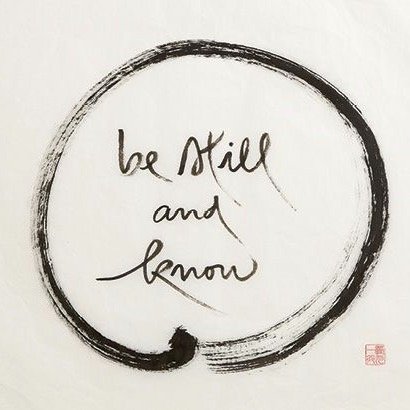Mindfulness to Change Your Life
In honor of the life of Zen Master, Vietnamese Monk and peace activist Thich Nhat Hahn, I want to share a slice of his teachings on the embodiment of true happiness. What does it mean to live with happiness? It all sounds good, but happiness can be fleeting. I don’t think our society is built on the foundation of us actually being happy. It all seems conditional. If you do this or get that….then you will be happy. I lived most of my life that way and I can look back and say that is no way to live.
One example is when I reflect back on my college years, I had the time of my life and made life-long ride or die best friends. Yet at the time, I was probably bitching about what I didn’t like about school. At one point, I even was thinking about transferring out, even though I loved all my classes and friends….and I had a boyfriend! Yup, makes no sense! The grass is always greener, so they say. Age and life lessons taught me that it was about time to wake up and be grateful for the here and now. Why? Because life is impermanent. Nothing ever stays the same. My college friends and I still reminisce about all the fun we had and I am now super grateful I made those lasting strong relationships. Hey, I even met my husband through mutual college friends a few years later.
“If we know the teaching about how to live happily in the present moment, if we know how to make use of mindfulness to go home to the present moment, we realize there are so many conditions of happiness that are already there. You don't need to run into the future to get more conditions.” - Thich Nhat Hahn
What does this mean? Mindfulness practices are all about slowing down and just being. So even in our fast paced world, it can look like this…
Five Life-Changing Mindfulness Practices:
1) Just Breathe. Pause to take a few deep breaths throughout the day.
2) Practice sitting meditation for 5 -20 minutes. Yes, even five minutes of meditation can make a difference in your life.
3) Walking Meditation: When you walk on your own, at your regular pace, try skipping the headphones and just be with yourself. Notice nature, notice your feet touching the ground.
4) Eating Meditation: Normally this is takes place in silence, but just being mindful to eat slowly to pay attention to the taste of your food, while not having any other distractions, is a good first step into this practice.
5) Everyday Moments for Mindfulness. Recognize that meditation is in the small stuff…while cooking, washing dishes, cleaning , whatever….when you remove distractions. Be mindful of your actions and be at one with them.
Photo credit via pinterest
“Imagine that there are many doors that open happiness. If you open every door, then happiness has many ways to come to you. But the situation is that you have closed all the doors except one, and that is why happiness can’t come. So don’t close any doors. Open all the doors. Don’t just commit yourself to one idea of happiness. Release the idea of happiness that you have and then happiness can come today. Many of us are caught in an idea about how we can truly be happy. Each of us has an idea about happiness. We think we have to obtain this or get rid of that before we can be truly happy.” - Thich Nhat Hahn
So many of us fall victim to this false belief that outside forces are what we need to make us happy. What is your truth?
Could it be time to sit down with yourself and reexamine what happiness means to you? YES! Now is the perfect time.
Calligraphy by Thich Nhat Hahn
What are your conditions for happiness in life?
First things first, close your eyes and breathe for a few moments. Then grab your journal and write down every single thing that comes to mind. When you are pondering your conditions for happiness, think about all of your five senses….get down the basics, such as, you have eyes that you can see.
I hope these mindfulness practices can inspire and act as a reminder to be grateful for all the fabulous blessings you have in your life. I learned all of this through spending a lot of time learning and implementing the teachings of Thich Nhat Hahn, the founder of Engaged Buddhism. He’s written countless books, so you can dive into his work at any time for inspiration.




